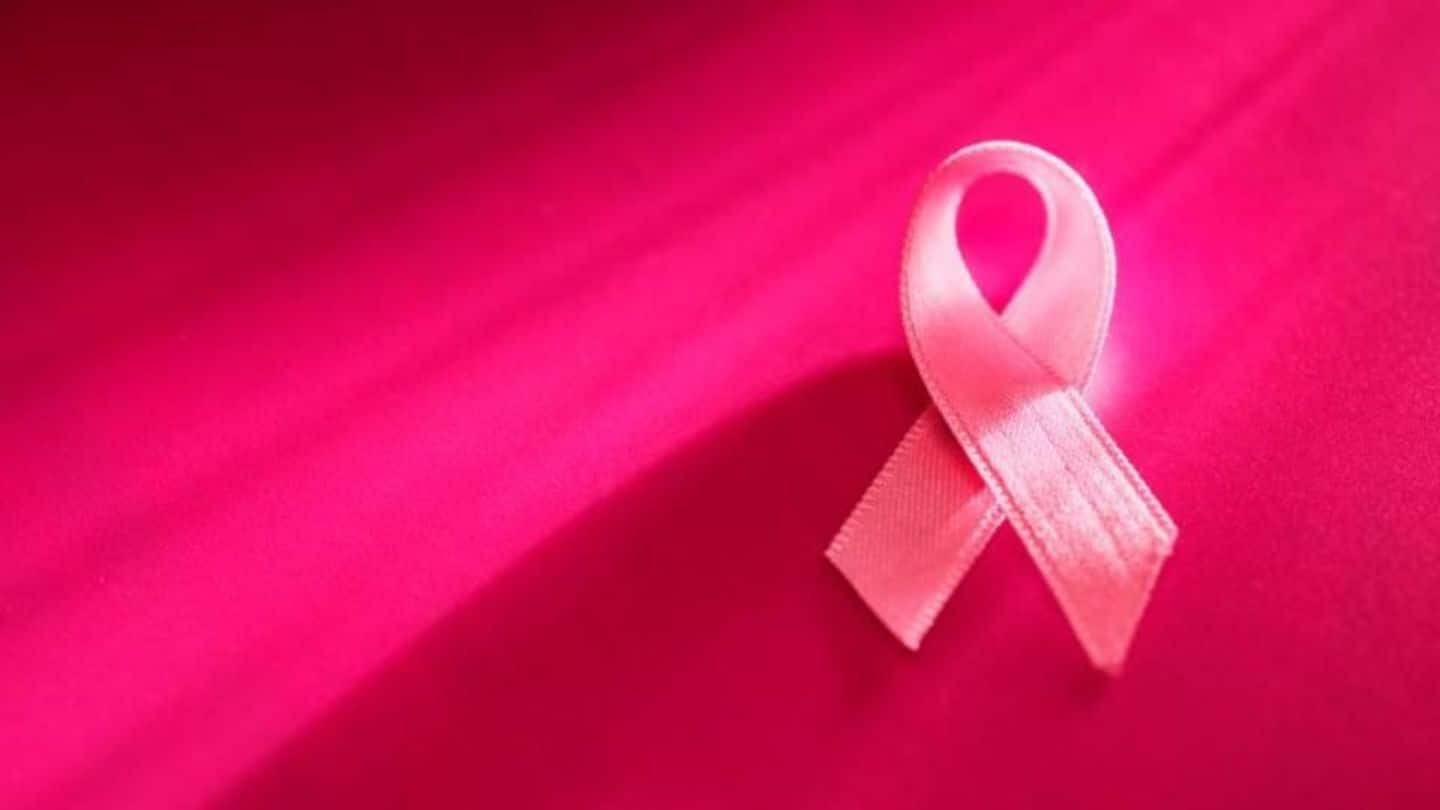
Breast cancer is now the leading type in Indian women
What's the story
Emerging data is pointing to a new trend in Indian women: a combination of several factors has led to breast cancer being the leading type here, replacing cervical cancer. The stats are alarming: as of now, as many as 32 in 1,00,000 women are diagnosed with breast cancer. Each year, 1.5L new cases are detected. What is contributing to this disturbing trend?
Factors
Your lifestyle, even your family can put you at risk
According to Dr PK Julka, risk is more in metros. "This can be attributed to the lifestyle - obesity, alcohol consumption etc." In fact, "Indian women get breast cancer ten years earlier than Western women," says Dr Mandeep Malhotra. A family history- two or more cases of cancer in two or more generations- increases vulnerability. However, only 5-10% cases are due to inherited genes.
Oestrogen
The female hormone that endangers women
Who would have thought what makes us women will also harm us? Doctors say higher levels of oestrogen significantly increase the risk of breast cancer. One such condition is late pregnancy (after 30). "A woman is exposed to more progesterone when she is pregnant and lactating, reducing the exposure to oestrogen," explains Dr Malhotra. Others include early puberty, late menopause, and binging on fats and alcohol.
Do you know?
Why are men not vulnerable?
Inheritance of genes can increase the risk of breast and prostate cancer in men too. However, men account for only 1% of all cases: what works for them is significantly lower oestrogen levels that boost breast cell growth, and absence of milk-producing tissues.
Lack
Unawareness, even among educated people, is worsening the problem
According to Dr Julka, the fact that many women- 60% of patients- come for treatment at advanced stages doesn't help the case. "To give you a comparison, a hospital in Italy detects breast cancer when a tumor is 40mm. On average, we detect it when a tumor is 40 cm." Early detection can offer 95% chances of survival and very low chances of mastectomy.
Tests
The need for care begins as early as 20
Doctors strictly recommend regular tests: for women above 20, self-tests; for those above 30, clinical breast exams; and after 40, ultrasounds or MRIs. Mammograms are recommended only after 45. For those with family history, BRCA 1 and BRCA 2 gene mutation should be tested, Dr Julka says. They increase risk from 12% to 85%. Most importantly, alertness and timely intervention is essential.
Do you know?
You could also do your bit to reduce risk
Dr Bharat Bhosle has some tips to cut down the risk: "Moderate alcohol consumption (a peg or two a week), higher fibre intake, cutting down red meat, regular exercise (brisk walking for about 120 minutes a week) and keeping one's weight in check can help."